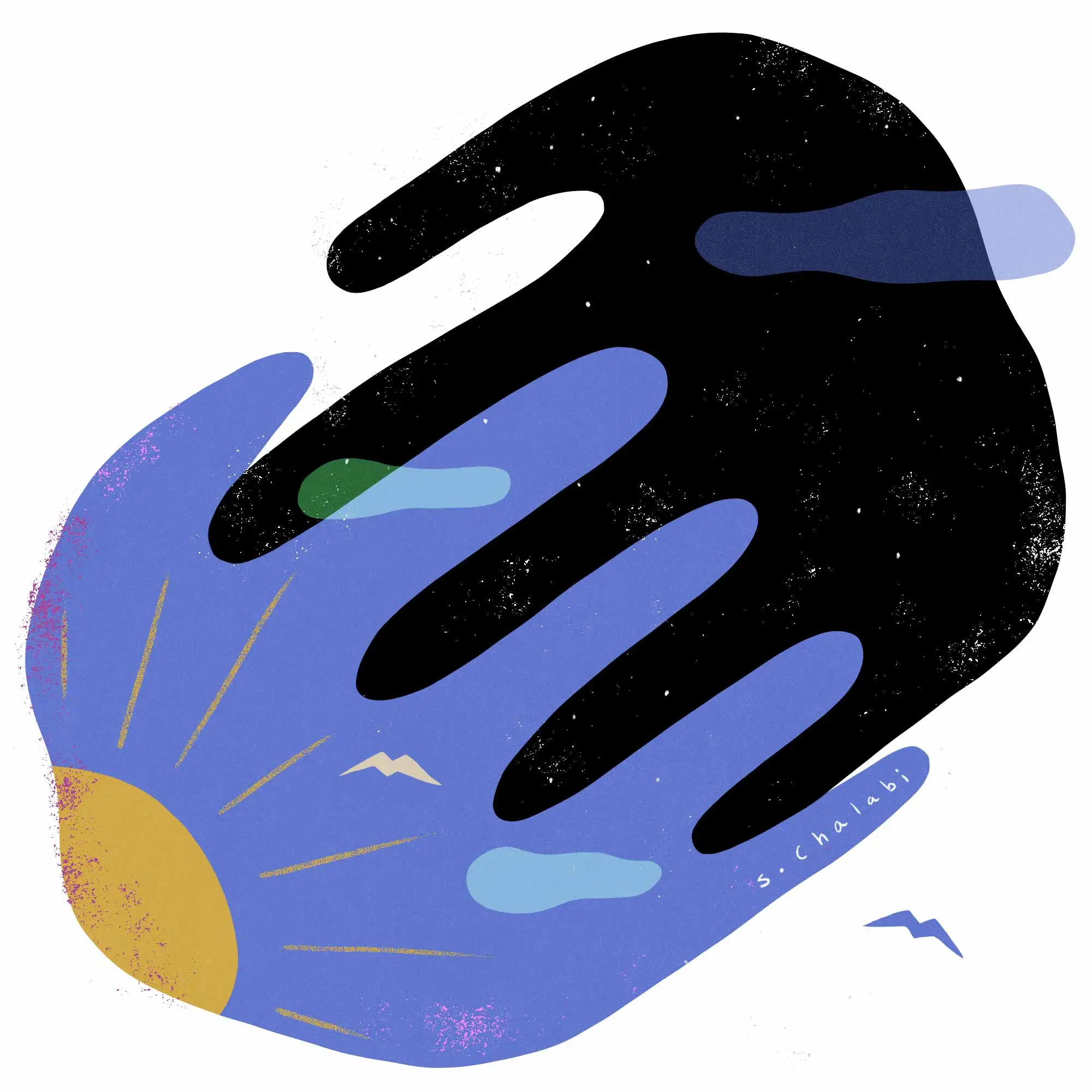Ana Serrano on digital cooperatives for creatives
Ana Serrano is President and Vice Chancellor of the Ontario College of Art and Design University (OCAD) and founder of the Canadian Film Centre’s Media Lab.
It is estimated that creative occupations in America are suffering losses of more than 2.3 million jobs and $74 billion in average monthly earnings due to the impacts of COVID-19. These losses represent 30 percent of all creative occupations and 15 percent of total average monthly wages.
At the same time, Facebook, Amazon, Apple, Alphabet, and Microsoft now represent 20 percent of the stock market’s total worth. Five months into COVID-19, Apple’s market value reached $2 trillion, double what it was pre-pandemic. According to Thomas Philippon, Professor of Finance at New York University’s Stern School of Business, “COVID was the perfect positive storm for these guys.”
It’s clear that this is true for both big tech and the arts sector—although in absolutely opposite ways.
The stark differences in how COVID-19 has impacted these two sectors cannot be overstated. What this comparison reveals is that platform monopolies—companies that have an outsized control of digital networks and their users—are currently primed to be the winners who will take all in today’s poorly regulated platform capitalism.
The arts and culture sector faces no shortage of challenges as it looks to recover and reinvent itself post-COVID-19, bounded by a digital environment largely controlled by powerful monopolies. As we hope for the government to increase regulation for these massive companies, we must work towards the creation and adoption of just economic and governance models. The creative sector must consider how to leverage digital technologies to create collective infrastructures—tools that tap into the positive effects inherent in networked digital applications that benefit the collective as opposed to just the few.
To this end, how can we build products and services that not only equitably support artists and creators trying to make a living in a fractured economy but also model a new way for us to reimagine an economy that benefits all?
One such model that is inspiring a movement around the world is the platform cooperative. Platform co-ops, introduced in 2014 by Trebor Scholz, a scholar-activist and founding director of the Institute for the Cooperative Digital Economy at The New School, offer a feasible, “near-future alternative to platform capitalism based on cooperative principles such as democratic ownership and governance.”
Co-ops are nothing new, but applying cooperative principles to digital economy businesses has captured the imagination of many economists and academics and, most importantly, a new generation of workers beaten down by the current form of today’s “sharing” economy. These new cooperative workers share rides (ATX Coop Taxi), rent out rooms (FairbnbCoop), stream music (Resonate), and sell photographs and videos (Stocksy).
At OCAD University, Canada’s oldest and largest art, design, and media university, we are proposing to build an online marketplace where artists and designers can sell their work while developing skills to thrive in a just economy. Organized as a platform cooperative with an equitable, democratic business model that empowers, instead of exploits, creatives, it intends to function as a continuous learning platform where creatives can expand their facility with digital business tools and develop their understanding of new economic models and collective action.
Our hypothesis is that by earning income, accessing specific skill training, and actively participating in governing a profitable collective, artists and designers can build the economic and professional resilience and strength needed to flourish, even in the face of shocks and uncertainty.
The immediate future for many of us in the arts and culture sector will continue to be rocky and unprecedented. But such a future will be made more dire if we don’t come together as a community with bold ideas and a plan of action. By seizing the digital means of production and creating collective infrastructures that support creative communities to be active designers and agents of a true sharing digital economy, we may just build a future much better than the past we left behind before COVID-19.

This essay is part of CREATIVE FUTURES, a series of provocations by thinkers across the arts, documentary, and journalism on how to reimagine their sectors.